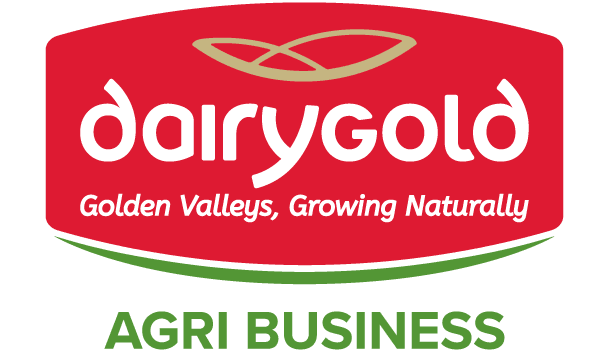Why silage ground often has the poorest level of soil fertility and how to fix it
Catherine Hurley Recent grass silage tests that have been carried out have shown poor protein levels in the winter fodder in many cases, so much so that the feed may…
View Post >Kerva for Grain Enhanced Feed
Benefits of Kerva treated grain for feed ✓Treating grain with KERVA produces nutritionally enhanced feed (increased protein content by 30% approx.), reducing the need for additional protein in the diet…
View Post >Dairygold Joint Program Monitor
View Post >Dairy Sustainability Day
Dairy Sustainability Day was held on the farm of Trevor and Olive Crowley this year, winners of the Reduce Carbon footprint category at Bord Bía’s Origin Green Farmer Awards in…
View Post >How to Control Weeds in Your Silage Ground
James Bourke, B.Ag.Sc. Docks are a common, deep rooted, persistent weed problem on many farms. The perennial broadleaf weed will seriously limit grassland output and productivity unless managed correctly. The…
View Post >Mid Season Fertiliser Requirements
Fertiliser Requirements mid-season. The capability of grass to grow is compromised if its requirements for major elements such as Phosphorus, Potassium and Sulphur are not met. Phosphorus Requirements: Do you…
View Post >How higher DMD silage can save you money
Catherine Hurley, B.Ag.Sc. What is the country’s largest and most important harvest? Tillage farmers might disagree, but the answer is grass, the crop that is the staple diet for the…
View Post >How to Resolve High Chlorate and Trichloromethane (TCM) in Milk
By Catherine Hurley Chlorates can arise when drums of caustic chlorine-based detergents are stored on a farm for long periods of time. The chlorine breaks down in the drum and…
View Post >Managing your Automatic Calf Feeder
Whether you have or haven’t gotten your feeder up and running for the season yet, here are a few key points to keep in mind.
View Post >